Cars for Sale
(237 results)Cars for Sale
(237 results)
Subaru Impreza Sports 2012/01
- 2,000 CC
- 103,896 KM
- Petrol
- Automatic
- Grey
Select Country & Port
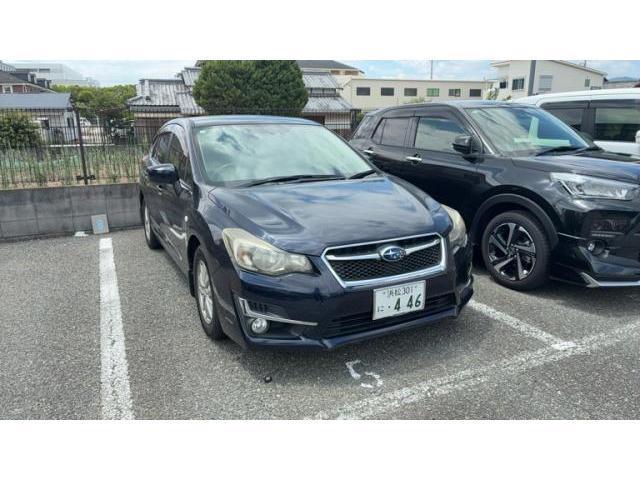
Subaru Impreza Sports 2015/03
- 1,600 CC
- 152,000 KM
- Petrol
- Automatic
- Blue
Select Country & Port

Subaru Impreza Sports 2013/02
- 2,000 CC
- 47,883 KM
- Petrol
- Automatic
- Other
Select Country & Port

Subaru Impreza Sports 2013/06
- 2,000 CC
- 64,865 KM
- Petrol
- Automatic
- Other
Select Country & Port

Subaru Impreza Sports 2012/10
- 2,000 CC
- 119,177 KM
- Petrol
- Continuously Variable
- Black
Select Country & Port

Subaru Impreza Sports 2013/03
- 2,000 CC
- 121,223 KM
- Petrol
- Continuously Variable
- Blue
Select Country & Port

Subaru Impreza Sports 2012/09
- 2,000 CC
- 86,907 KM
- Petrol
- Automatic
- Other
Select Country & Port

Subaru Impreza Sports 2014/07
- 2,000 CC
- 128,626 KM
- Petrol
- Automatic
- Pearl
Select Country & Port

Subaru Impreza Sports 2016/06
- 2,000 CC
- 128,011 KM
- Petrol
- Automatic
- Blue
Select Country & Port
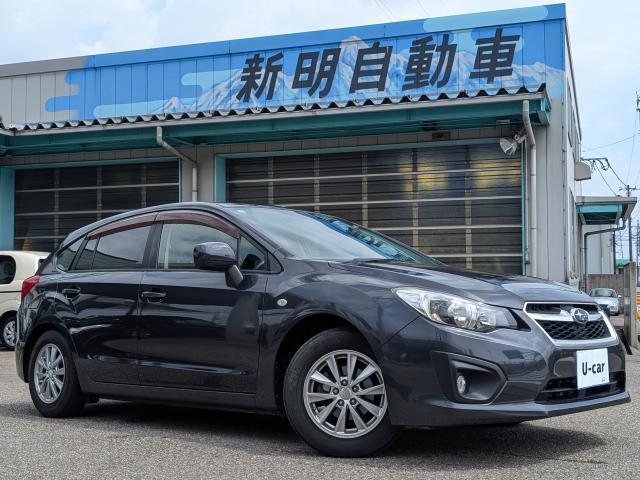
Subaru Impreza Sports 2013/04
- 1,600 CC
- 75,000 KM
- Petrol
- Automatic
- Grey
Select Country & Port

Subaru Impreza Sports 2013/03
- 2,000 CC
- 73,710 KM
- Petrol
- Automatic
- Other
Select Country & Port

Subaru Impreza Sports 2011/12
- 2,000 CC
- 52,240 KM
- Petrol
- Automatic
- Other
Select Country & Port

Subaru Impreza Sports 2012/08
- 2,000 CC
- 72,313 KM
- Petrol
- Automatic
- Other
Select Country & Port

Subaru Impreza Sports 2014/02
- 1,600 CC
- 18,000 KM
- Petrol
- Continuously Variable
- Pearl
Select Country & Port
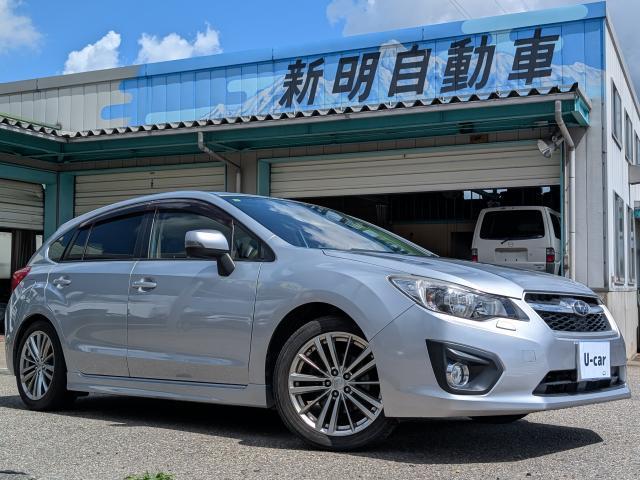
Subaru Impreza Sports 2013/03
- 2,000 CC
- 82,500 KM
- Petrol
- Automatic
- Silver
Select Country & Port
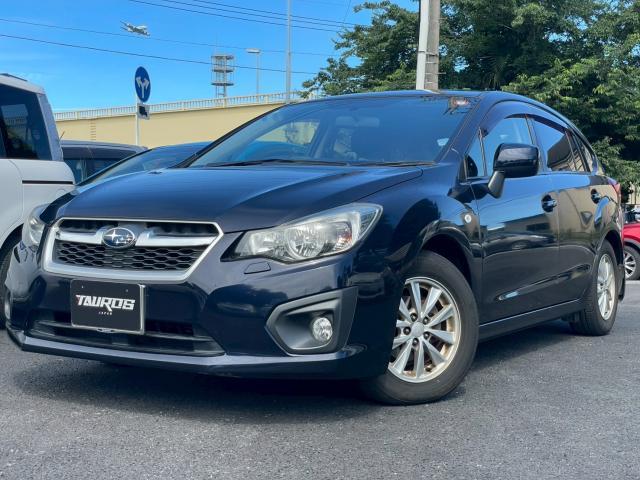
Subaru Impreza Sports 2012/11
- 1,600 CC
- 80,700 KM
- Petrol
- Automatic
- Blue
Select Country & Port
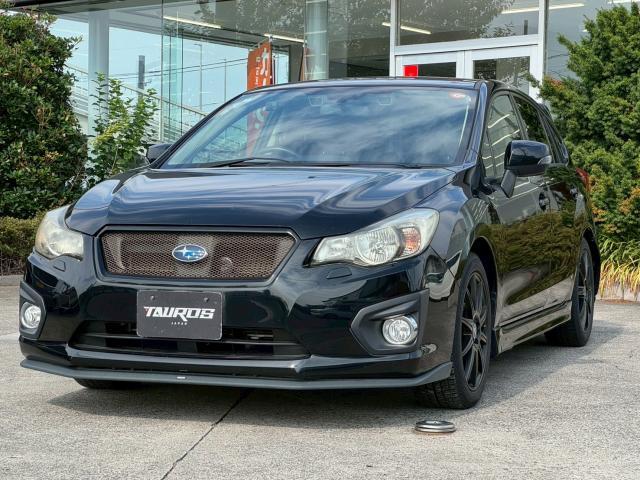
Subaru Impreza Sports 2012/04
- 2,000 CC
- 112,680 KM
- Petrol
- Automatic
- Black
Select Country & Port

Subaru Impreza Sports 2016/03
- 2,000 CC
- 75,818 KM
- Petrol
- Automatic
- Pearl
Select Country & Port

Subaru Impreza Sports 2014/10
- 1,600 CC
- 96,000 KM
- Petrol
- Automatic
- Grey
Select Country & Port

Subaru Impreza Sports 2015/09
- 1,600 CC
- 61,470 KM
- Petrol
- Automatic
- Other
Select Country & Port




